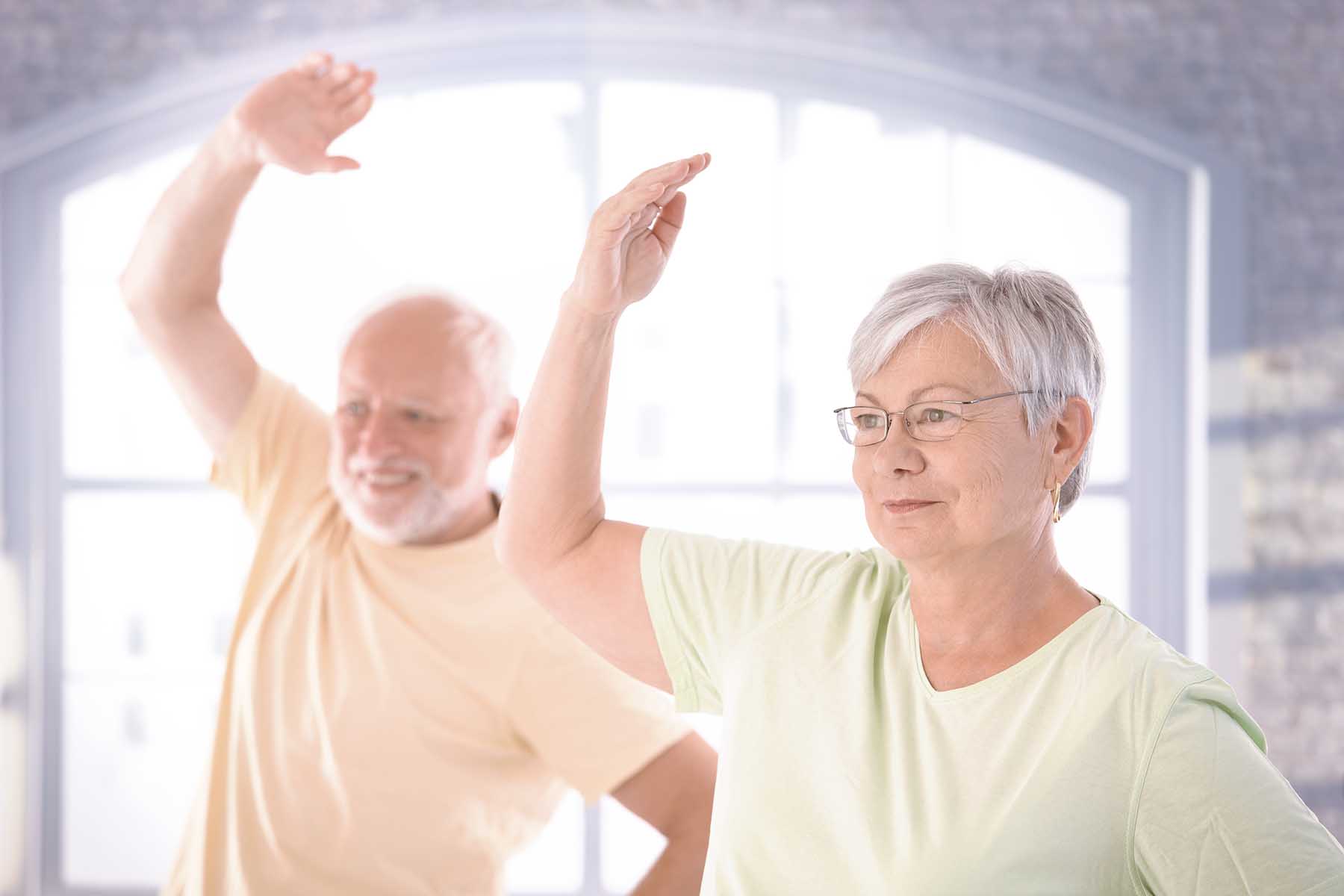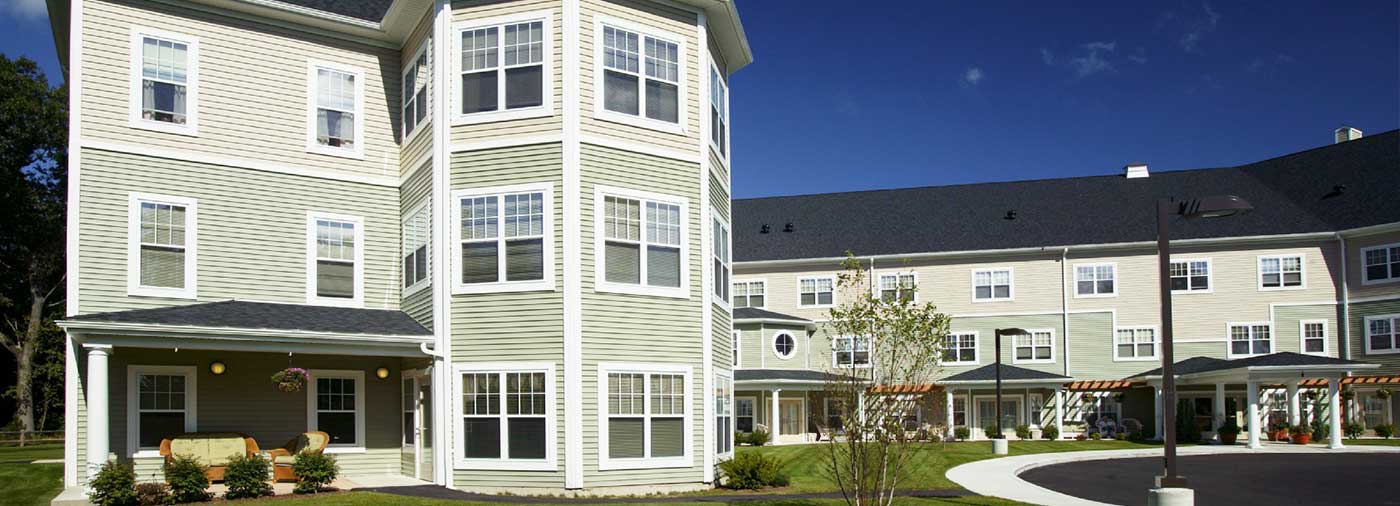Memory problems, cognitive decline and a growing loneliness epidemic, all make seniors especially vulnerable to mental health issues.
According to a Centers for Disease Control (CDC) study of mental health in older adults aged 55+, it is estimated that 20% of seniors experience some type of mental health concern. The most common conditions include anxiety, severe cognitive impairment and mood disorders, such as depression or bipolar depression.
Common mental health issues like anxiety and depression can have a negative impact on physical health and wellness for seniors. The CDC states that these conditions, especially mood disorders, can lead to impairments in physical, mental and social functioning and can affect and complicate the treatment of other chronic disorders.
Although the rate of older adults with mental health conditions tends to increase with age, depression and other illnesses are not a normal part of aging.

The good news about Senior Mental Health
The good news about senior mental health is that it is a treatable condition. In addition to the possibility of clinical intervention through the use of prescribed medications or therapy, there are a number of activities and resources available to help keep older adults engaged and in good mental health and spirits.
Staying connected and maintaining strong, meaningful social connections with friends and family goes a long way towards preventing mental health issues in seniors. The CDC reports that social support is associated with reduced risk of mental illness, physical illness and even mortality.
“A variety of avenues exist—many at no cost—for older adults to stay sharp and boost their mood.”
6 Ways to Improve Mental Health in Seniors
As circumstances and family dynamics change, active retirement living and adult day health programs can offer seniors a supportive community and social environment to keep up with the activities they love and even introduce them to some new ones!
With that in mind, here is our seniors’ guide to improving and maintaining good senior mental health and well-being.
1. Play Mind Games
Just as the body needs physical activity and stimulation to stay healthy, the brain needs stimulation to stay sharp and avoid cognitive decline as we age. According to Harvard Health Publishing, brain games can help sharpen certain thinking skills such as processing speed, planning skills, reaction time, decision making and short-term memory.
Any activity that keeps the mind engaged and working towards solving problems contributes to brain health, but some of the most common and accessible activities for seniors include:
- Reading and writing
- Studies have proven that reading can enhance memory function, reduce stress and promote better sleep. Journaling can also help to manage and alleviate the effects of stress and anxiety.
- Learning a new language
- Language learning exercises regions of the brain often affected by aging and can build confidence and even increase socialization with others who may know or are learning the language.
- Playing an instrument
- Music stimulates the brain and improves memory in seniors with Alzheimer’s and dementia. According to The Washington Post, not only is playing, or learning to play, an instrument fun, but it can improve verbal fluency and processing speed within a matter of months.
- Playing puzzles and games
- In addition to being enjoyable, various puzzles have proven to delay memory decline and enhance senior mental health.
2. Get Physical

From taking regular walks to yoga classes and ballroom dancing, exercise and physical activity benefit both the mind and the body by boosting confidence and reducing the risk of falls. Staying active and getting enough exercise are as important for seniors’ mental health and older adults’ well-being, as they are at any other stage of life.
In fact, low-impact exercises like stretching and strength training are actually necessary to help seniors stay healthy and reduce the risk of common age-related problems like bone fractures, joint pain, and other chronic illnesses.
In addition to the physical benefits, exercise can also help manage stress, anxiety and depression in seniors, which can be just as detrimental to seniors’ health as physical ailments and injuries. Exercising in order to maintain positive senior mental health is important.
3. Stay Connected with Friends
Time and distance can make it difficult for people to maintain close relationships with old friends, especially as they age.
For older adults, keeping in touch with the important people in their lives can help to stave off loneliness and feelings of isolation that can lead to depression, as well as mental and physical decline.
Learning how to connect with new and old friends on social media, through FaceTime, Zoom or Skype are just some ways to stay in touch. There are always people willing to teach older adults how to use these different applications, as well as online tutorials. Seniors can also keep it simple by writing letters or setting up a regular schedule for a good old-fashioned phone call.
And like anyone, seniors can always make new friends!
4. Pick up a New Hobby

Staying active after retirement is extremely important. Everyone has a personal wish list of dreams and activities, but sometimes those ideas are put off because life can get busy.
Retirement is the perfect time for seniors to dust off their “bucket list” and pursue lifelong goals, be it gardening, sewing, painting or French cooking!
Hobbies like shadow boxes help increase the neuroplasticity of the brain in which nerve cells connect or reconnect, changing the brain’s structure and function when stimulated through the repetition of seeing them.
As neuronal connections in these pathways are strengthened, and new connections are established, individuals feel comforted and gain an increased sense of belonging and ultimately, improving senior mental health.
5. Volunteering
Many seniors find fulfillment and a sense of purpose in volunteering for a worthy cause.
With no shortage of organizations and causes in need of support, there are many opportunities for older adults to get involved, and in turn, feel valued and needed.
Seniors volunteering for a cause or organization can be a rewarding experience at any age.
For someone looking to donate their time after retirement, volunteering can offer a number of additional benefits that enhance seniors’ physical, emotional and mental health.
Whether you enjoy reading to or sharing your skills and expertise with children and young students, or you feel moved to volunteer in a hospital, local food pantry or soup kitchen, volunteering in retirement can help seniors remain active, socially engaged, and become part of a vibrant and diverse community.
From making new friends to getting (or staying) physically active, volunteering can be a rewarding experience for everyone involved.
6. Caring for a Pet

Where appropriate, animals can help keep seniors active and busy and offer companionship in the process, with their unconditional love.
According to the CDC, many studies have shown that the bond between humans and their pets can increase fitness, lower stress and bring happiness.
Other health benefits of having a pet include:
- Decreased blood pressure
- Decreased feelings of loneliness
- Increased opportunities for socialization
If you don’t want to or are unable to own a pet, volunteering at an animal shelter is also a good way to connect with animals and help organizations in need.
It is extremely important for older adults to take care of their mental health; without a healthy and stable mind, they are more susceptible to other physical ailments and conditions. By making an effort to do mind-healthy activities each day, older adults can greatly benefit. Whether it’s completing a crossword puzzle each morning, going for a few walks a day or even journaling, there are simple and quick activities to complete that will help tremendously in the long run.
Contact Us
For more information contact SALMON Health and Retirement to learn more.




